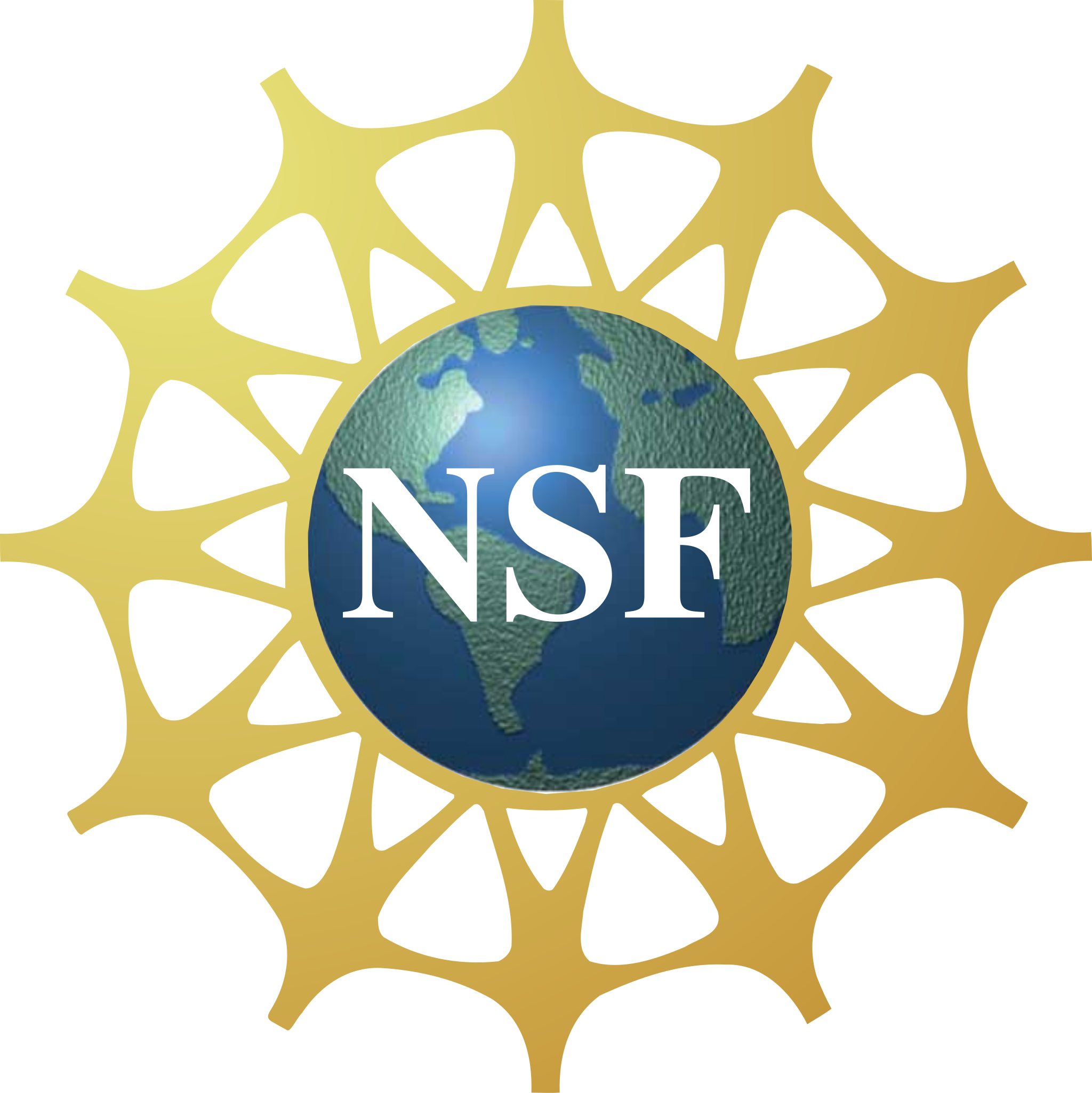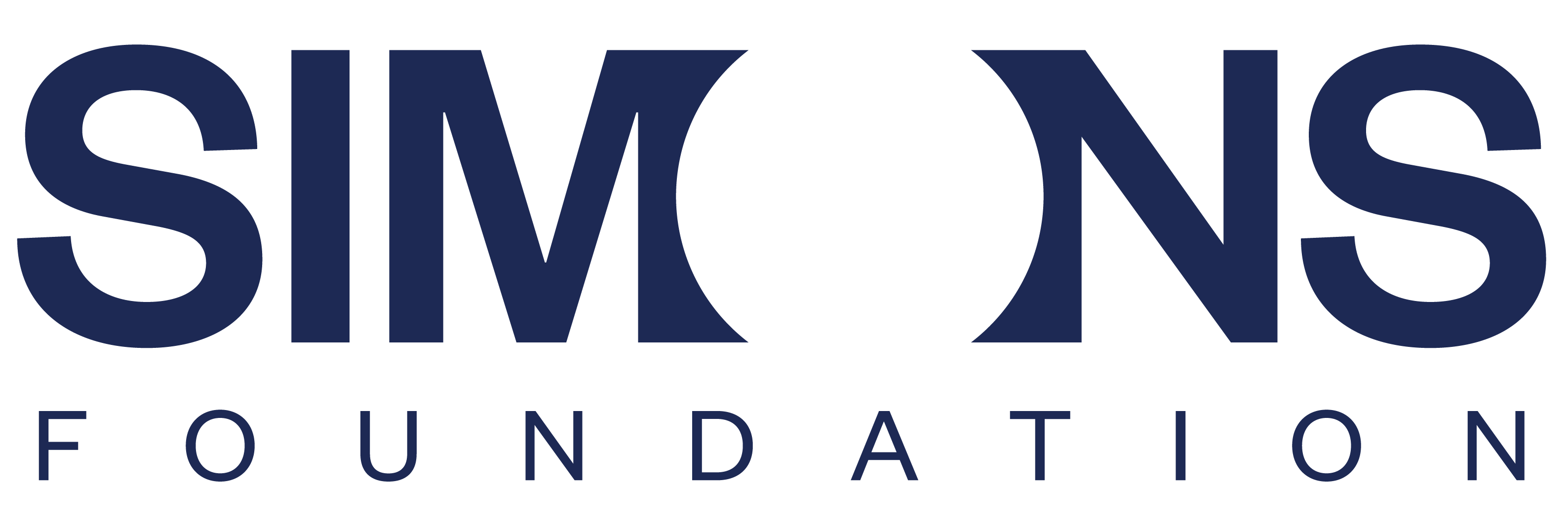Auditing AI Systems
Our team is at the forefront of ensuring AI safety and integrity, specializing in the development and deployment of advanced auditing systems. We work closely with third parties, providing expert consultation to guide the implementation of these systems effectively. Our focus is on rigorously evaluating AI technologies for performance, fairness, and trustworthiness, ensuring they meet strict criteria for safety and ethical standards. By assisting in the deployment of comprehensive auditing measures, we help maintain the reliability of AI systems, ensuring they operate not only efficiently but also in a manner that is equitable and safe for all users.
This multifaceted approach involves rigorous testing, analysis, and refinement to identify and mitigate biases, enhance transparency, and improve the overall reliability and ethical standards of AI technologies. Through our work, we are committed to fostering an AI ecosystem that is both powerful and responsible.


